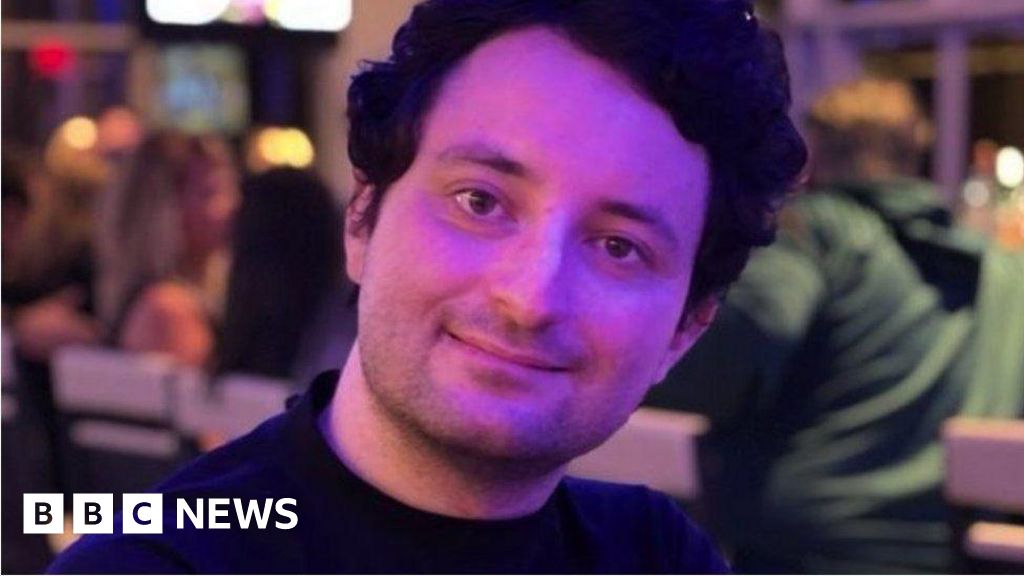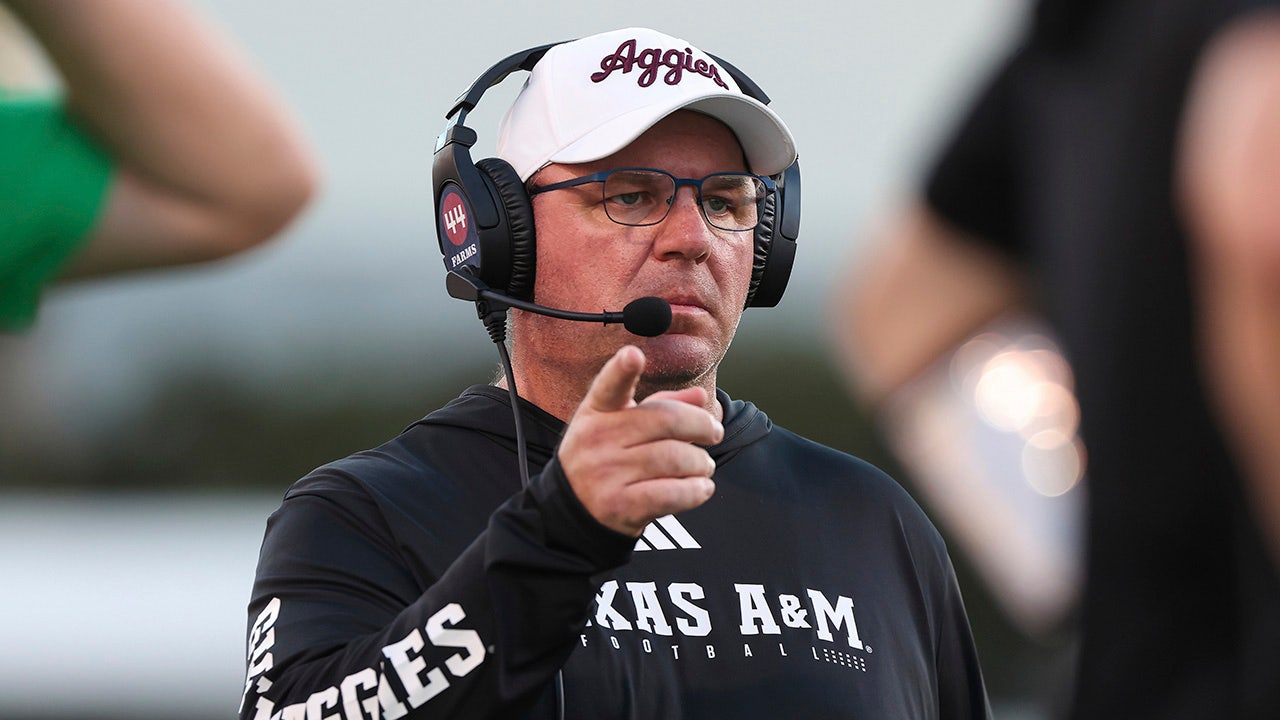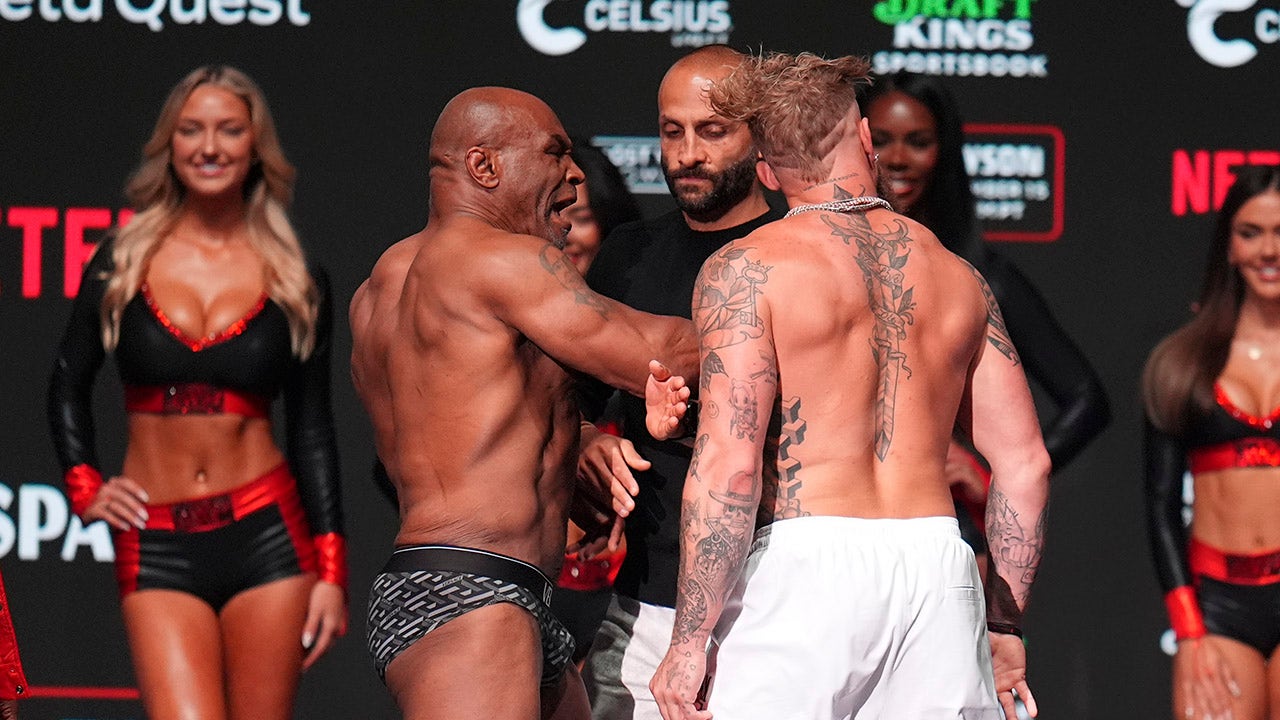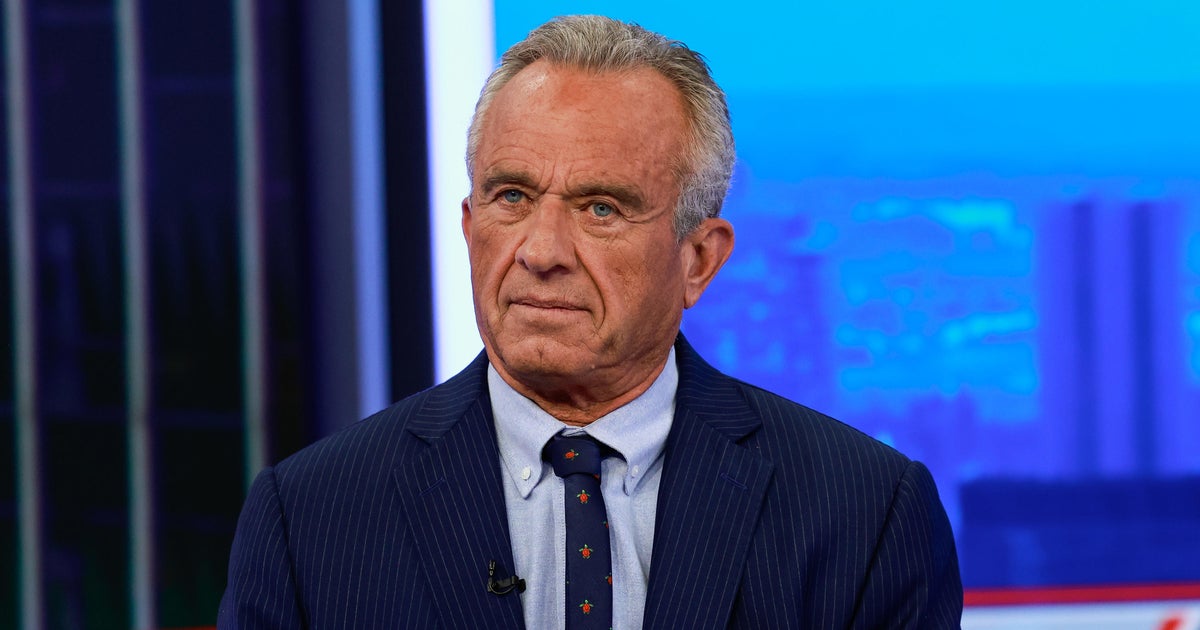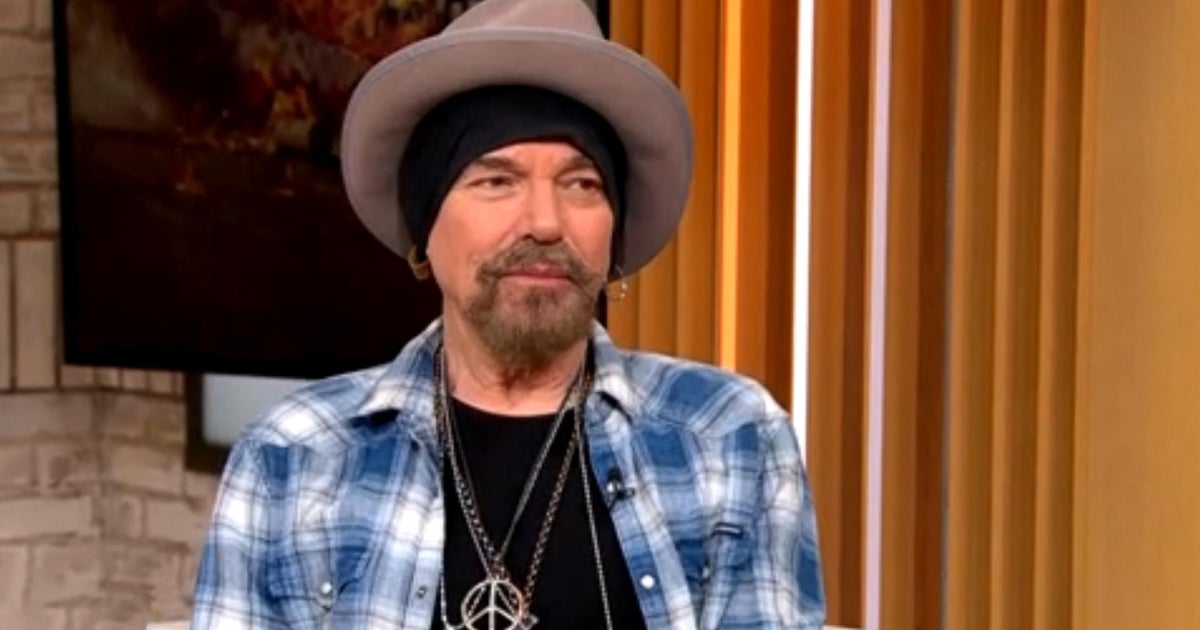Becker is now coming under scrutiny, including from a personal acquaintance, Democratic California Rep. Ro Khanna, who said Sunday that Becker should give that money back.
“There should be a clawback of any of that money,” Khanna said in an interview with The Washington Post. “It should be going to the depositors.”
The sharp comments from Khanna, who represents the district where Silicon Valley Bank was headquartered, comes amid a furor in Washington over what the government’s role should be in bailing out the bank and making its customers whole.
Representatives of Silicon Valley Bank did not immediately return a request for comment.
Khanna offered a note of caution and said the sale may not indicate wrongdoing. “It’s important to understand before casting aspersions on someone’s motives whether it is a scheduled sale … which are done many months before,” he said. “We do need all the facts to come out before jumping to conclusions.”
If there is evidence of bad behavior, the government “could sue,” he said.
Shortly after Silicon Valley Bank disclosed a $1.8 billion loss to shareholders that sparked a run, the Federal Deposit Insurance Corporation shut it down on Friday and took control of its deposits.
The U.S. government on Sunday night said that all depositors at the collapsed Silicon Valley Bank would have access to their money on Monday morning. The announcement appeared to cover deposits worth more than the $250,000 federally insured limit. More than 90 percent of the bank’s customers — which includes titans of the technology industry — have account balances above this.
“Today we are taking decisive actions to protect the U.S. economy by strengthening public confidence in our banking system,” a joint statement from the Treasury Department, the Federal Reserve and the Federal Deposit Insurance Corporation said. “This step will ensure that the U.S. banking system continues to perform its vital roles of protecting deposits and providing access to credit to households and businesses in a manner that promotes strong and sustainable economic growth.”
Earlier Sunday, federal authorities were strongly considering safeguarding all uninsured deposits at Silicon Valley Bank if regulators don’t find a buyer for the bank, sources told The Washington Post, an extraordinary intervention likely aimed at preventing potential panic in the U.S. financial system.
Treasury Secretary Janet L. Yellen said Sunday that the U.S. government has been working with regulators to devise a plan to help affected customers.
“We’ve been hearing from those depositors and other concerned people this weekend,” she said on the CBS program “Face the Nation.” “I’ve been working all weekend with our banking regulators to design appropriate policies to address this situation.”
Critics have warned that any support from the government could set a troubling precedent, leading other banks to expect federal authorities to intervene if they went under. It could also spark a populist backlash over the appearance of U.S. taxpayer money going to save some of the country’s richest residents.
U.S. government officials on Sunday night said no losses associated with their plan to support Silicon Valley Bank “will be borne by the taxpayer.”
For his part, Khanna said the federal government should make Silicon Valley Bank customers whole. Many of its customers, which range from companies that provide payroll to vineyards to climate start-ups, have not done anything wrong, he said earlier in the day, in comments on “Face the Nation.”
“They didn’t take risks,” he said. “They just had their money in a bank. And we’re saying those need to be guaranteed.”
Rep. Nancy Mace (R-S.C.) was among those on the other side, signaling on Sunday her opposition to a bailout in comments to CNN’s “State of the Union.”
“We cannot keep bailing out private companies because there’s no consequences to their actions,” she said. “People, when they make mistakes or break the law, have to be held accountable in this country.”










